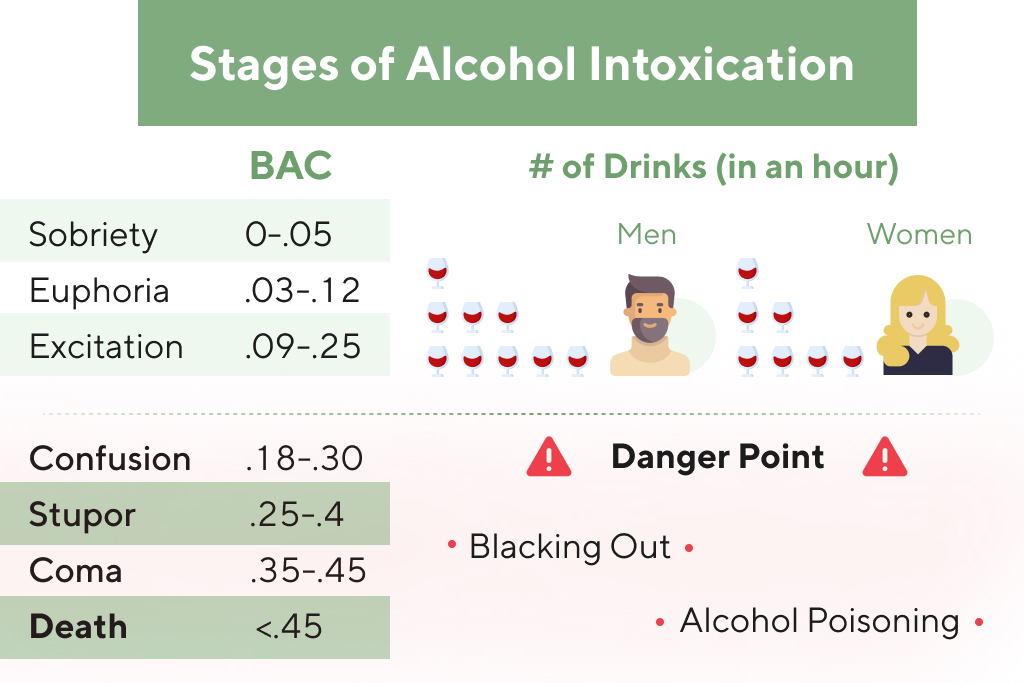Research suggests that individuals with AUD frequently experience additional mental health conditions such as depression, anxiety, bipolar disorder, or personality disorders. This co-occurrence can complicate the management and treatment of AUD, as the conditions often influence and exacerbate each other. drug addiction For example, individuals with depression may turn to alcohol as a form of self-medication, which can worsen their mental health and lead to a vicious cycle of alcohol dependence and deteriorating mental well-being.
Mental Health Issues: Alcohol Use Disorder and Common Co-occurring Conditions
Alcohol use disorder (AUD), previously known as alcoholism, is a multifaceted condition that affects over 10% of the population in the US. The American Medical Association (AMA) first identified alcoholism as a disease in 1956, characterising it as a condition marked by compulsive decision-making, impulsive behaviour, and relapse. AUD is also recognised as a mental health condition, referring to alcohol use that feels distressing or beyond one’s control. The categorisation of AUD has evolved over time, reflecting the complex nature of the condition and its interplay with mental health. People with alcohol use disorder (AUD) have high rates of co-occurring mental health conditions. Symptoms of mental health conditions and an excessive alcohol intake may contribute to each other bidirectionally.
- Recognizing alcohol use disorder as a mental health condition facilitates more empathetic and effective treatment, including therapy and group support.
- Classifying alcohol abuse as a disorder rather than just a “bad habit” is essential because it recognizes that people with AUD often lose control over their drinking.
- Too much alcohol affects your speech, muscle coordination and vital centers of your brain.
- Beyond this, research shows that support that encourages abstinence or reducing alcohol use has a more substantial impact than general social or emotional support.
- Numerous studies have shown that AOD-use disorders typically are underdiagnosed in acute-care psychiatric settings (Drake et al. 1993a).
Schizophrenia
- Updates about mental health topics, including NIMH news, upcoming events, mental disorders, funding opportunities, and research.
- It can be life-threatening, causing serious medical issues like seizures and hallucinations that require immediate medical care.
- About 30% of people with alcohol use disorder are able to abstain from alcohol permanently without the help of formal treatment or a self-help program.
- However, this review included bipolar disorder in their definition of CMD, which UK health guidelines on CMD exclude, together with other psychotic and related disorders 29, 30, 31.
Depression is a mood disorder that can cause chronic feelings of sadness or numbness and a loss of joy, regardless of changes in circumstances. We invite healthcare professionals to complete a post-test to earn FREE continuing education credit (CME/CE or ABIM MOC). This continuing education opportunity is jointly provided by the Postgraduate Institute for Medicine and NIAAA. More resources for a variety of healthcare professionals can be found in the Additional Links for Patient Care. Mindfulness may also help address depression and trauma conditions that co-occur with AUD. As far back as 1933, the Standard Classified Nomenclature of Diseases listed alcoholism as a disease.

Post-traumatic stress disorder and AUD
In addition, Rosenberg and colleagues (1996) recently developed a screening instrument, the Dartmouth Assessment of Lifestyle Instrument, that detects AOD-use disorders in psychiatric patients with greater accuracy than other instruments. Much of our current knowledge of homeless adults with dual disorders comes from National Institute on Alcohol Abuse and Alcoholism initiatives funded by the Stewart B. McKinney Act (Huebner et al. 1993). These initiatives include a 3-year, 14-project demonstration to develop, implement, and evaluate interventions for homeless adults with AOD-related problems.

Use these free digital, outreach materials in your community and on social media to spread the word about mental health. Use these free education and outreach materials in your community and on social media to spread the word about mental health and related topics. Alcohol use disorder can include periods of being drunk (alcohol intoxication) and symptoms of withdrawal. We recognize the realities of mental health challenges and respond with compassion, connection, and community. Whether by providing reliable resources or helping you connect with the right therapist, you are always welcome as a valued member of our community.

Health News
It includes what is commonly known as alcohol abuse, dependence, or addiction, and can range from mild to severe. AUD is recognized as a brain disorder, as alcohol misuse alters brain function and reinforces unhealthy drinking patterns, making relapse more likely 1. With regard to our review, we conducted an extensive search of the literature across multiple databases and included a is alcohol use disorder a mental illness range of CMDs and types of alcohol use, with large sample sizes.
About the Reviewer
By understanding AUD as a mental illness, society can continue to shift toward a compassionate, informed approach that reduces stigma and increases access to effective treatment. If you or someone you know is struggling with AUD, reaching out to a mental health professional or addiction specialist is the first step toward recovery. Studies reveal that genetics, family history, and environmental factors play significant roles in developing AUD. For some, a genetic predisposition can increase their vulnerability to alcohol dependence, while for others, prolonged stress or https://diariocruzdelsur.com/alcoholic-neuropathy-causes-symptoms-treatment-3/ exposure to heavy drinking can be contributing factors. The classification also helps medical professionals recognize the need for comprehensive treatments beyond simple behavioral changes. When people with AUD stop drinking alcohol, they may experience a reduction of symptoms of co-occurring mental health conditions.
Treatment Options for Alcohol Use Disorder
- A doctor or substance abuse expert may be able to help a person look at the consequences of drinking.
- With regard to our review, we conducted an extensive search of the literature across multiple databases and included a range of CMDs and types of alcohol use, with large sample sizes.
- None of the included studies examined alcohol use among those with and without SAD.
- All authors were directly involved in writing, editing, and approving the final version of this paper.
Heterogeneity was assessed using I2 and funnel plots using the metafunnel command 42. Chronic alcohol use can cause the brain to release too much GABA, dopamine, and other neurotransmitters, causing these chemicals to become depleted over time. These neurotransmitters play a key role in helping to regulate stress and emotions, so depletion can make people feel anxious, depressed, and more easily stressed or upset.
